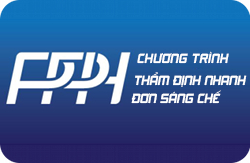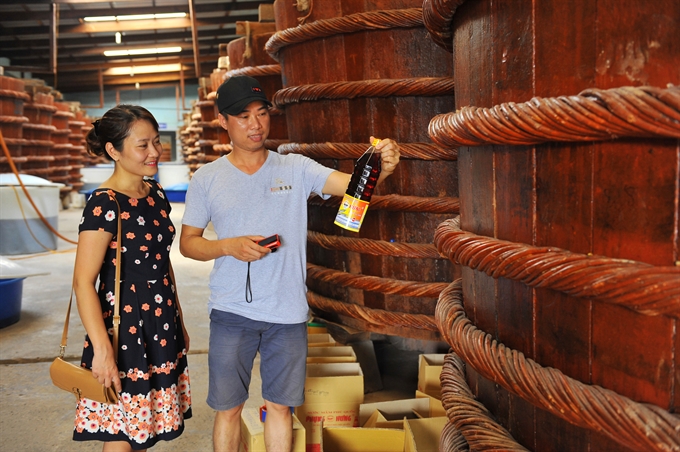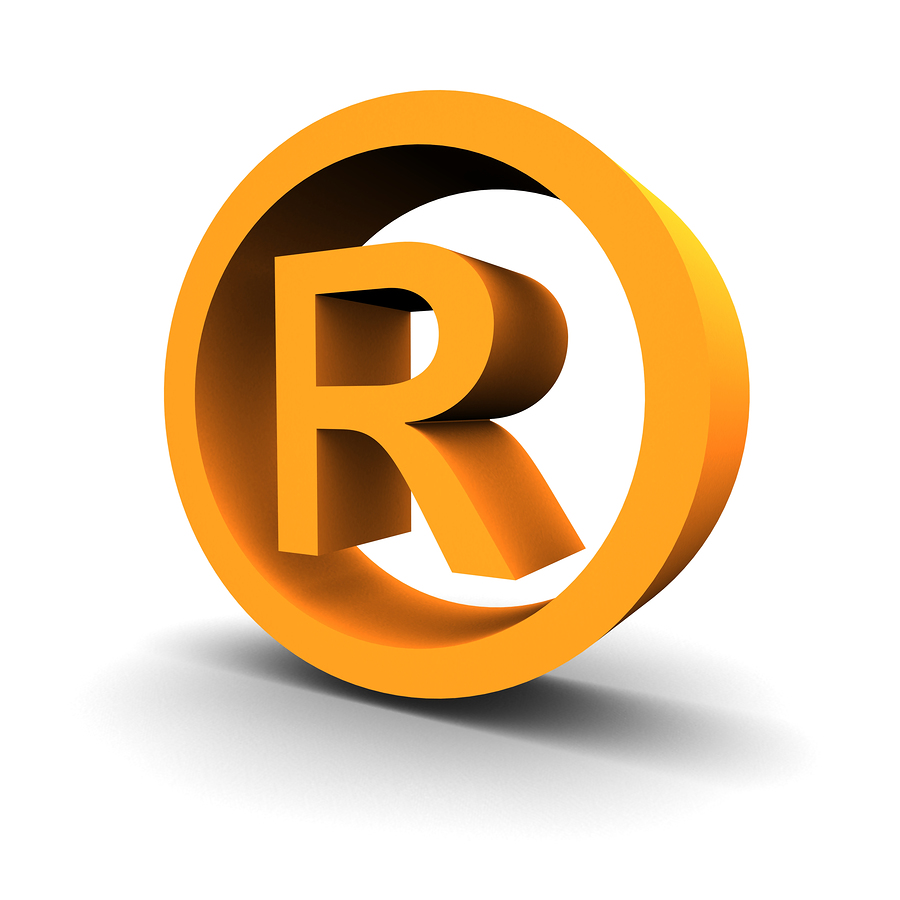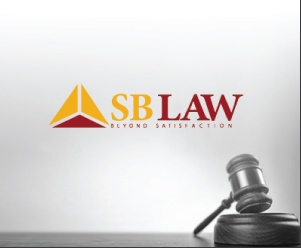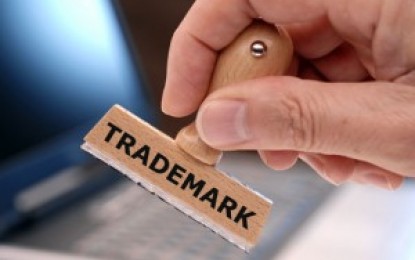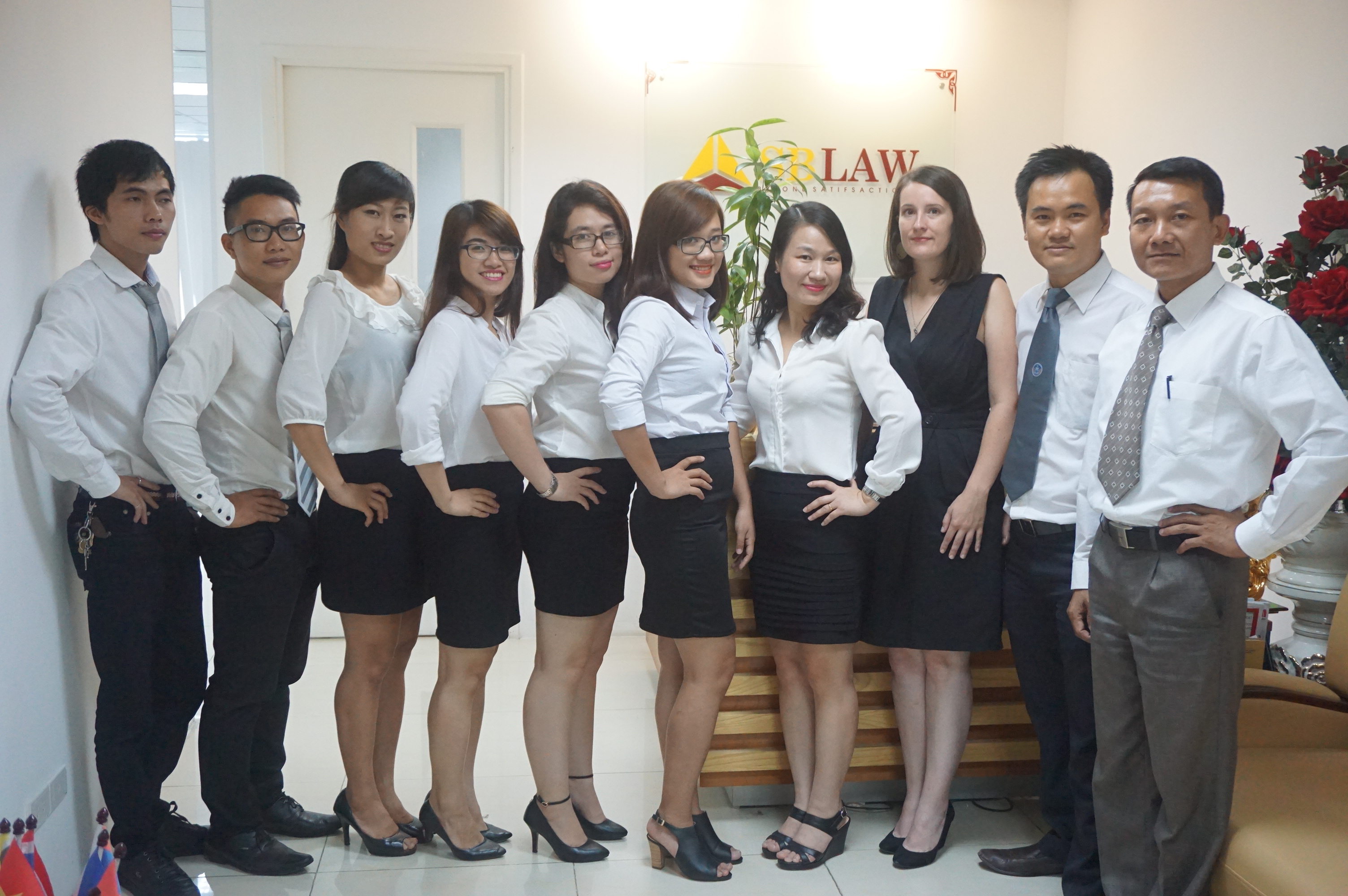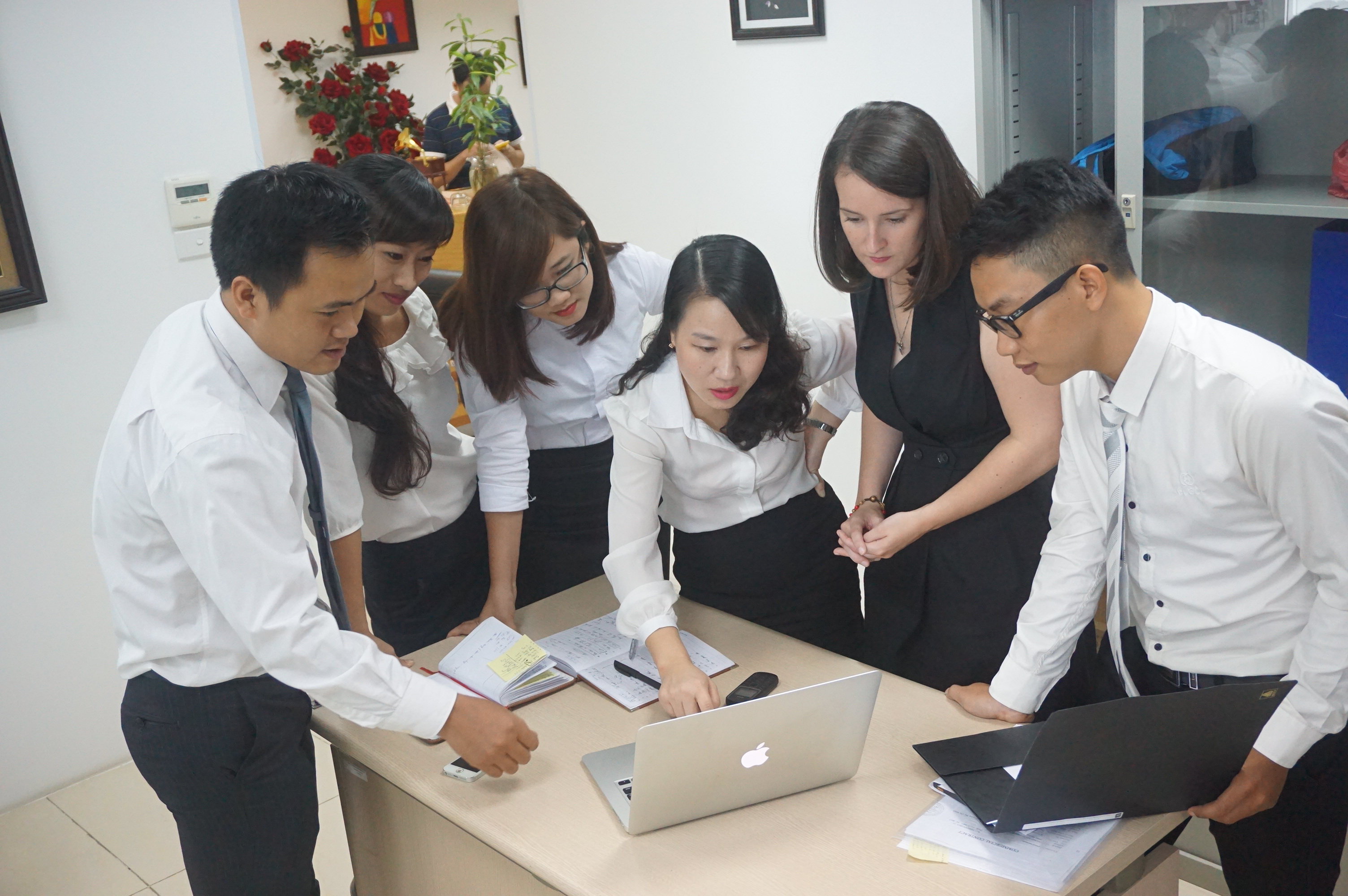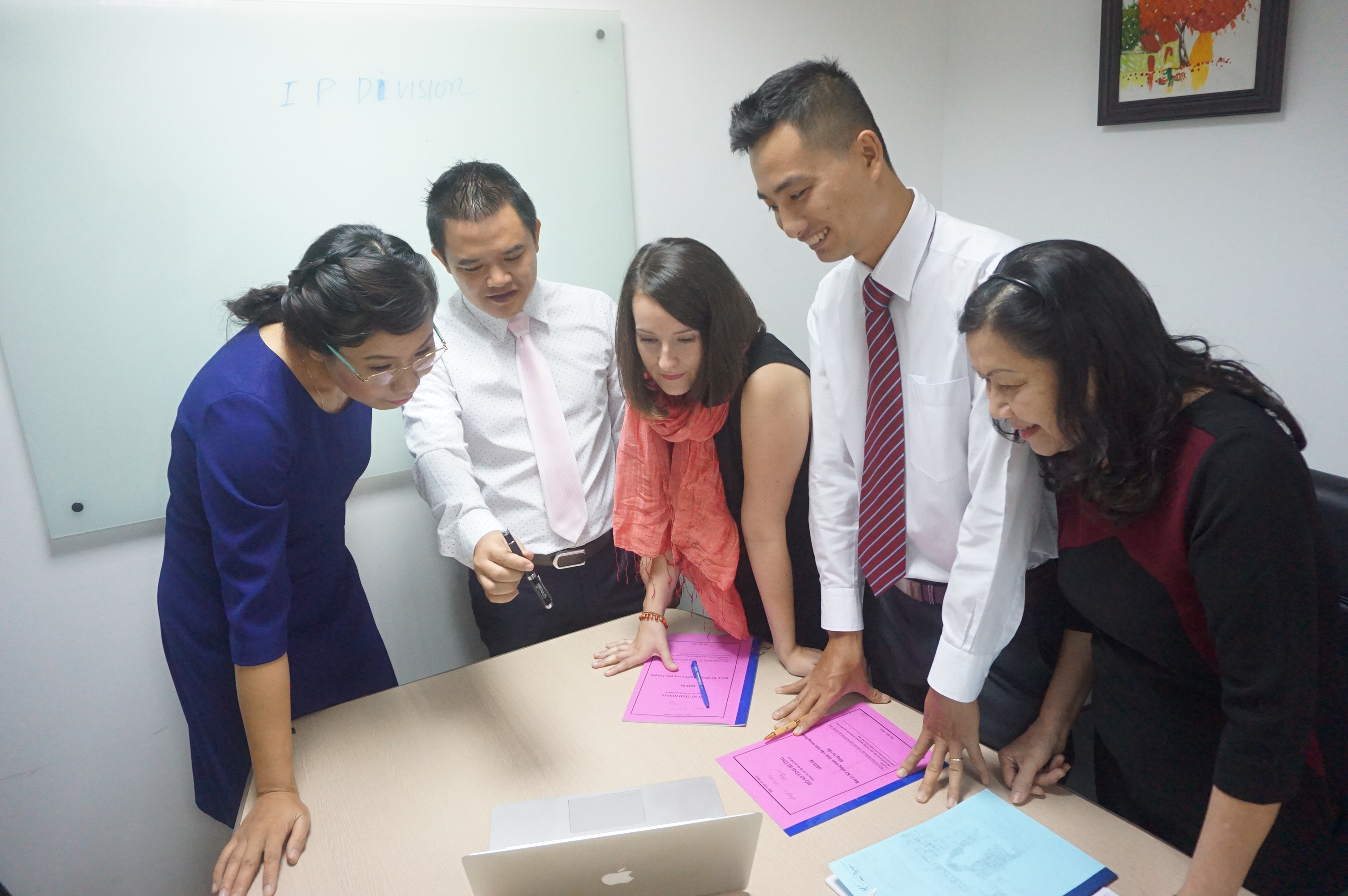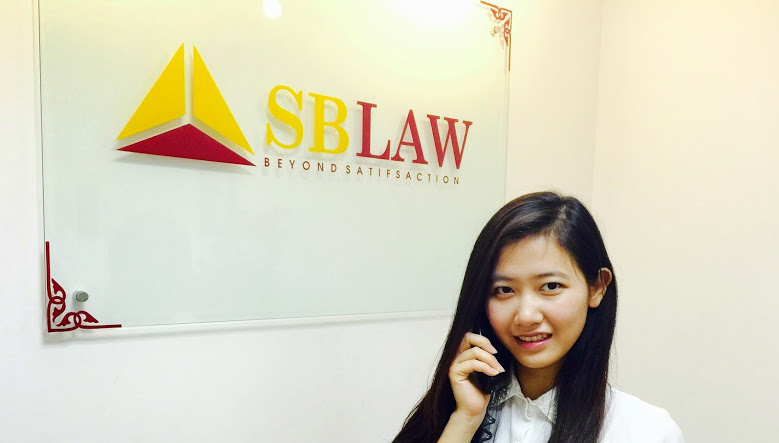Question: Please provide us the Quotation for Intellectual Property Registration in Vietnam?
Answer: Thank you very much for your interest in our IP service. Regarding the subject matter, as one of the leading Vietnamese law firms, we are capable of assisting you with handling all IP matters in Vietnam in an efficient and cost-competitive manner. For your further information, we cordially invite you to visit our official website at www.sblaw.vn.
Regarding your enquiries concerning the subject matter, we would like to advise you procedure and our fee schedule in relation to the intellectual property registration proceeding in Vietnam as follows:
I.PATENT/UTILITY SOLUTION REGISTRATION
1.Procedure
1.1. Protection criteria:
A patent shall be eligible for protection in the form of a Patent for Invention/Utility Solution when it satisfies these following conditions:
|
|
Being novel
|
Being of an inventive step |
Being susceptible of industrial application
|
| Patent for invention |
P
|
P |
P |
| Patent for utility solution |
P |
|
P
|
1.2 Validity of Patent for Invention/Utility Solution:
Patent for Invention shall have a validity starting from the granting date and expiring at the end of 20 years counting from the filing date.
Patent for Utility Solution shall have a validity starting from the granting date and expiring at the end of 10 years counting from the filing date.
1.3.Procedure and timeline:
A patent application will be examined through the following process:
| |
Time Frame
|
Content of examination
|
| Beginning of the national phase |
31 months from the date of priority |
Submitting all required documents |
| Formality examination |
1-3 months from the filing date (if all required documents are submitted) or from the date of supplementation of all documents |
Examination of formality of the patent application |
| Publication |
19 months from the filing date after the acceptance of application (if no request for early publication) |
Publishing application in IP Gazette |
| Substantive examination |
18 months from the date of filing request for substantive examination (if it is filed after the publication date) or from the publication date (if the request for substantive examination is filed before the publication date) |
Examination of criteria of protection of the patent application |
| Granting |
01-03 months from the date of Notification to Grant Patent for Invention/Utility solution |
– The Applicant pay the registration and publication fees
– Publishing the Patent in IP Gazette |
Kindly note that the term for registration process normally takes longer to several months in practice due to the workload of the NOIP and the slow examination process by the NOIP’s examiner.
1.4.Required documents and information:
For us to filing a patent application, the following documents/information should be provided:
- The Power of Attorney which is only simply to be signed by the Applicant, neither notarization nor legalization is required (The copy of the POA can be accepted at the time of filing but the original one must be lodged within 01 month from the filing date);
- The paper on assignment of the right to file an application in the national phase (if any) within 34 months from the date of priority;
- The copy of the international application (if the applicant requests the entry into the national phase before the date of publication of the international publication);
- Name and address of:
- Applicant;
- Author(s) of invention/utility solution;
- A soft copy in word format of the English specification of the application for translation into Vietnamese is requested to provide via email at the time of instruction.
1.5.Fee schedule
The basic fees are calculated based on the number of independent claim, pages of Vietnamese specification, priority claims and words of specification of the patent. Details are as follows:
| Works |
Official fee
(USD)
|
Agency fee
(USD)
|
| 1. Filing an application for invention/utility solution (with one independent claim and not exceed 5 pages of specification) |
10.70
|
130.00
|
| Addition charge for each independent claim from the second one |
10.70
|
40.00
|
| Additional charge for each page from the sixth one |
0.70
|
1.00
|
| 2. Claiming priority right (for each earlier priority) |
35.70
|
40.00
|
| 3. Publication of invention/utility solution application |
7.10
|
40.00
|
|
4. Request for substantive examination for each independent claim
|
32.00 |
45.00
|
| Addition charge for each independent claim from the second one |
32.00
|
20.00
|
| 5. Granting patent for invention/utility solution (including Register and Publication) |
21.00
|
70.00
|
| Additional charge for each independent claim from the second one |
7.00
|
10.00
|
| 6. Annuity fee for the 1st year for the 1st independent claim |
20.00
|
50.00
|
| – Annuities fee for the 1st year from the 2nd independent claim |
20.00
|
40.00
|
| 7. Translating fee from English into Vietnamese
(per 100 words) |
|
7.50
|
| SUBTOTAL
(number in bold) |
425.80
Four hundred twenty five US Dollars and eighty cents
|
Note: The above cost includes Official fee and Agency fee; exclude 5% VAT, bank charge ($30-40) and communication costs ($30-40); do not include additional fees in case of refusal in formality examination or being opposed by the third party or refusal in sustainable examination. In case of any office action or any possible opposition which may occur during the application proceedings, an additional charge may be incurred, upon your approval.
II.INDUSTRIAL DESIGN REGISTRATION
1.Procedure
1.1.Protection criteria:
A industrial design shall be eligible for protection in the form of the grant of a Patent for Industrial Design when it satisfies the following conditions:
| |
Being novel
|
Being of an inventive step |
Being susceptible of industrial application |
| Patent for industrial design |
P |
P |
P
|
1.2.Validity of Patent for Industrial Design:
Patent for Industrial Design shall have a validity starting from the granting date and expiring at the end of 05 years counting from the filing date. It may be renewed for two consecutive terms, each of 05 years.
1.3.Procedure and timeline:
An industrial design application will be examined through the following process:
| |
Time Frame
|
Content of examination
|
| Formality examination |
01-02 months from the filing date (if all required document are submitted) or from the date of supplementation of all documents |
The legitimation of the application and enclosed documents will be examined. If these documents meet the formality requirements, the Department of Industrial Design will issue the decision on the legitimate formality of the application. |
| Publication |
02 months from the date of acceptance of application (if no request for early publication) |
The application will be published on the Industrial Property Gazette. |
| Substantive examination |
09-12 months from the date of filing request for substantive examination (if it is filed after the publication date) or from the publication date (if the request for substantive examination is filed before the publication date) |
The protective criteria of the industrial design will be examined. |
| Granting |
01-03 months from the date of Notification to Grant Patent for Industrial Design |
– The Applicant pays the registration and publication fees.
– The Industrial Design will be published on Industrial Property Gazette. |
Kindly note that the term for registration process normally takes longer to several months in practice due to the workload of the NOIP and the slow examination process by the NOIP’s examiner.
2.4.Required documents and information:
For us to filing a patent application, the following documents/information should be provided:
The Power of Attorney which is only simply to be signed by the Applicant, neither notarization nor legalization is required;
Name and address of:
- Applicant;
- Author(s) of industrial design;
- Title of the industrial design;
Indication of the kind of products for which the industrial design is to be used;
- Priority document (if any);
- The set of picture of the industrial design under the guideline of SBLAW;
2.5.Fee schedule for registration of 01 industrial design
According to the information as you provided, we are pleased to inform you the registration fee for 01 industrial design in a favorable case is ……………….. (…………………………….).
Note: This fee include the office fee of NOIP and our agency fee, fee for granting patent; exclude 5% VAT, fee for responding NOIP’s Action, fee for amending the application (If any). We will inform you all arising fees for your decision before taking any action.
III. TRADEMARK REGISTRATION
3.1.Procedure and Timeline
The duration of a trademark search is around 10-15 working days.
The duration of trademark application is around 14-18 months – from the filing date to the actual receipt of the registration. The process involves these stages: (1) formality examination and publication in the Gazette (3 months); (2) substantive examination (9 months) and (3) issuance of registration certificate of the registered mark (2 months). Kindly note that the term for registration process in practice normally takes up to several months longer due to the workload of the NOIP and the slow examination process by the NOIP’s examiner.
3.2Fee Schedule
In Vietnam, multi-class application is applicable. The basic fees are calculated based on the number of class of goods/services (G/S) in each application as well as the number of products designated in each class in the application.
Below is the breakdown of charges for search and registration for one trademark in a smooth case, for your consideration:
Fee for searching of 01 trademark/01 class
|
Description
|
Official Fees
(USD) |
Attorney Fees
(USD)
|
| Fee for conducting 01 trademark search in 01 class (optional) |
–
|
80.00
|
| Communication Cost |
30.00
|
|
Bank charge
|
30.00
|
| Subtotal |
140.00
|
| 5% VAT |
7.00
|
| TOTAL |
147.00
One hundred forty seven US Dollars
|
Fee for registration of 01 trademark
|
Description
|
Official Fees
(USD) |
Attorney Fees
(USD)
|
| 1. Fee for registration application for the first class of G/S with up to 6 products/services in one class (including fee for granting certificate) |
80.00
|
150.00
|
| 2. Fee for registration application for per additional class from the second one of G/S with up to 6 products/services in one class (including fee for granting certificate) |
50.00
|
120.00
|
| 3. Fee for each additional goods from 7th one (if any) |
7.00
|
3.00
|
| Communication Cost |
30.00
|
| Bank charge |
30.00
|
| Subtotal (in bold) |
340.00
|
|
5% VAT
|
17.00
|
| TOTAL
In words: |
357.00
Three hundred fifty seven US Dollars
|
Note: The above-quoted fees include Official Fees and Attorney Fees, 5% VAT; do not include additional fees in case of refusal in formality examination or being opposed by the third party or refusal in sustainable examination (e.g: due to similarity/to identity with other trademarks which were already registered…) In case of any office action or any possible opposition which may occur during the application proceedings, an additional charge may be incurred, upon your approval.
3.3.Required Documents and Information
- Name and address of the Applicant;
- List of Goods/Services;
- Specimen of the applied mark (soft version);
- An original Power of Attorney which is simply signed by the Applicant (our form in attachment) (Please be informed that a scanned/faxed copy of the Power of Attorney is acceptable upon filing provided that the original copy is submitted within 01 month from the filing date).



